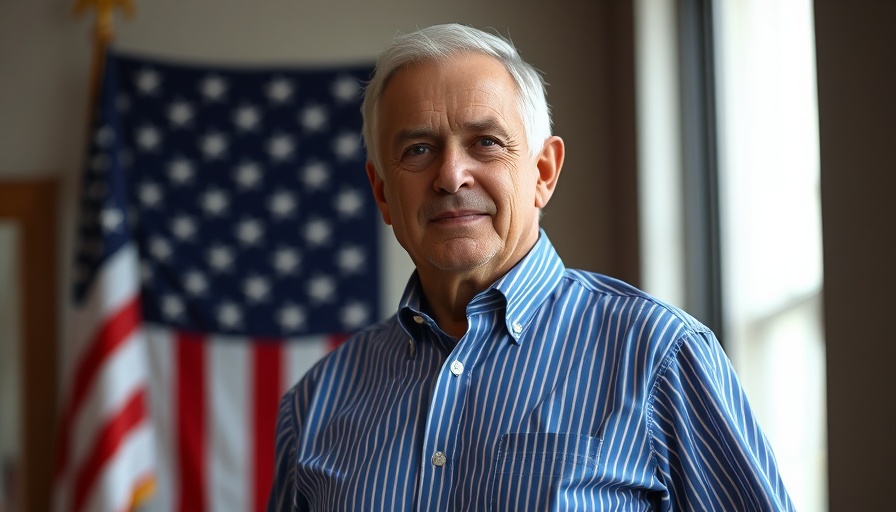
AI and the New Frontiers of Mental Health
As artificial intelligence continues to permeate various sectors, its impact on mental health care has stirred considerable debate among policymakers and healthcare professionals. Following recent legislative actions, such as Illinois Governor J.B. Pritzker's signing of the Wellness and Oversight for Psychological Resources Act, states are beginning to impose regulations to ensure AI applications are ethically and safely integrated into mental health treatments.
Understanding the Legislation
The Illinois legislation prohibits any unlicensed entity from offering therapeutic services through AI without appropriate oversight from licensed clinicians. This move aims not only to protect vulnerable patients from unregulated AI chatbots but also to secure the jobs of qualified mental health providers. Supporters of the law, including officials in the Illinois Department of Financial and Professional Regulation, argue that it is a crucial commitment to ensure that mental care is carried out by qualified professionals rather than algorithms.
Growing Concerns About AI in Therapy
There has been an increasing awareness surrounding the risks of using AI in therapy, especially after reports surfaced of chatbots giving harmful advice to individuals in distress. Vulnerable populations may unknowingly engage in conversations with AI systems, often sharing personal information, believing they are speaking to a trusted professional. This raises significant concerns about confidentiality and the overall effectiveness of AI in mental health care.
State Legislation on AI Usage Ramps Up
Illinois is not alone in addressing these concerns. Nevada has also passed similar legislation, explicitly prohibiting anyone from asserting that AI can replace professional mental health care. With over 250 bills currently proposed across the United States around AI integration in health care, lawmakers are vocalizing the urgent need for oversight and regulation in this rapidly evolving field.
What Does This Mean for Health Equity?
The rush to govern AI use in mental health has significant implications for health equity. As states work to ensure safe practices, the regulatory landscape could potentially shape access to mental health services, especially for underserved communities. Ensuring that AI systems enhance—not replace—primary care providers will be pivotal in maintaining a patient-centered approach to mental health services.
What's Next for AI and Mental Health?
Looking forward, one area of concern is how states will continue to navigate the fine line between technological advancement and patient safety. The ongoing dialogue between legislators, mental health professionals, and technology experts will be vital in crafting policies that not only protect patients but also encourage innovation in health care delivery.
Incorporating Holistic Approaches
As states implement regulations on AI use, it’s essential to advocate for holistic practices in mental health care. Stress management techniques, mindfulness practices, and nutrition are integral to overall well-being. Evidence suggests that maintaining a balanced lifestyle, including regular exercise and healthy eating, significantly influences mental clarity and emotional health. These aspects should be promoted alongside technological advancements.
Get Engaged and Informed
With these regulatory movements in mind, it’s crucial for community members to engage with local healthcare developments. Keeping informed about legislative changes and their implications for mental health access can empower individuals to advocate for their care. Through grassroots initiatives and community discussions, we can drive awareness and push for equitable mental health services for all.
Expect these new regulations to promote a healthier future where technology and human expertise coexist for the benefit of mental health. Stay vigilant and involved; your voice matters in shaping the future of healthcare.
To learn more about keeping your mental health in check through holistic practices, including stress management and emotional well-being, consider exploring resources on nutrition and wellness or joining a local wellness workshop.
 Add Row
Add Row  Add
Add 




Write A Comment